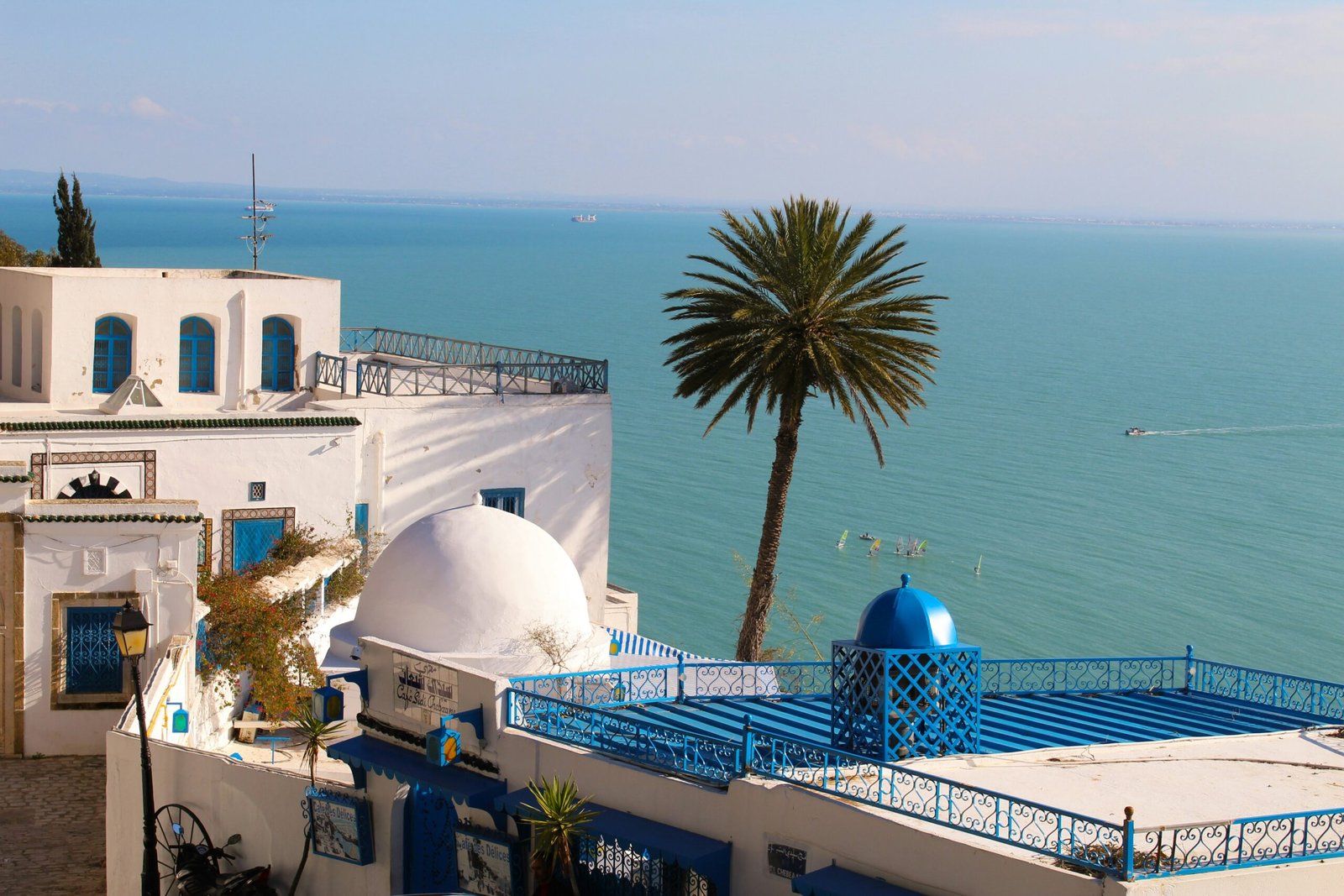Introduction
Welcome to Tunisia, a captivating country located in North Africa. With its rich history, diverse landscapes, and warm hospitality, Tunisia offers a unique experience for visitors. Whether you’re planning a vacation, considering work or study opportunities, or looking to do business, this guide will provide you with all the essential information you need to make the most of your time in Tunisia.
Location and Surface Area
Tunisia is situated on the northernmost tip of Africa, bordered by the Mediterranean Sea to the north and east. It shares its borders with Algeria to the west and Libya to the southeast. Covering an area of approximately 163,610 square kilometers, Tunisia offers a varied landscape, from sandy beaches along the coast to the rugged Atlas Mountains in the north.
Climate
Tunisia enjoys a Mediterranean climate, characterized by hot, dry summers and mild, wet winters. The coastal areas experience pleasant temperatures, with summer highs reaching around 30°C (86°F) and winter lows averaging 10°C (50°F). Inland regions can be hotter, especially during the summer months, with temperatures exceeding 40°C (104°F). It’s advisable to pack sunscreen, lightweight clothing, and a hat to protect yourself from the sun.
Fauna and Flora
Tunisia boasts a diverse range of flora and fauna. From the lush forests of the north to the desert landscapes of the south, you’ll find a variety of plant and animal species. The country is home to several national parks and nature reserves, offering opportunities for wildlife enthusiasts and nature lovers to explore and appreciate Tunisia’s natural beauty.
Attractions
Tunisia is a treasure trove of historical and cultural attractions. The ancient city of Carthage, a UNESCO World Heritage site, is a must-visit for history buffs. The medina of Tunis, with its narrow winding streets and bustling souks, offers a glimpse into the country’s vibrant past. Other popular attractions include the Roman ruins of Dougga, the picturesque village of Sidi Bou Said, and the stunning landscapes of the Sahara Desert.
Population
Tunisia has a population of approximately 11.8 million people. The majority of the population is Arab-Berber, with a rich cultural heritage that is reflected in the country’s traditions, customs, and cuisine. Tunis, the capital city, is the most populous, followed by other major cities such as Sfax, Sousse, and Bizerte.
Currency
The official currency of Tunisia is the Tunisian Dinar (TND). It’s recommended to exchange your currency at authorized banks or exchange offices, as they offer competitive rates. Credit cards are widely accepted in hotels, restaurants, and larger establishments, but it’s advisable to carry some cash for smaller businesses and markets.
Visa
Visitors to Tunisia may require a visa, depending on their nationality. It’s important to check the visa requirements for your country before traveling. Most tourists can obtain a visa upon arrival, while others may need to apply in advance. The duration and conditions of the visa may vary, so it’s best to consult the Tunisian embassy or consulate in your home country for accurate information.
Official Languages
The official language of Tunisia is Arabic. However, many Tunisians also speak French, especially in urban areas and tourist destinations. English is spoken to a lesser extent, but you’ll find that many locals in the tourism industry have a basic understanding of English, making communication easier for visitors.
Culture and Customs
Tunisia is a country with a rich cultural heritage. The fusion of Arab, Berber, and Mediterranean influences is evident in its architecture, music, and cuisine. Tunisians are known for their warm hospitality and welcoming nature. It’s customary to greet others with a handshake and exchange pleasantries. When visiting religious sites or entering someone’s home, it’s respectful to dress modestly and remove your shoes.
Hospitality
Tunisians take pride in their hospitality and are known for their generosity towards guests. If you’re invited to a Tunisian home, it’s customary to bring a small gift, such as pastries or flowers. Accepting offers of tea or coffee is a sign of politeness, and it’s considered impolite to refuse. Tunisians are eager to share their culture and traditions, so don’t hesitate to engage in conversations and ask questions.
Main Cities
Tunisia is home to several vibrant cities, each with its own unique charm. Tunis, the capital city, offers a blend of modernity and history, with its bustling markets and historic landmarks. Sfax, the second-largest city, is renowned for its beautiful medina and archaeological sites. Other notable cities include Sousse, known for its sandy beaches, and Hammamet, a popular tourist destination with its picturesque coastline.
Airports and Airlines
Tunisia has several international airports that connect the country to major cities around the world. The main international airport is Tunis-Carthage Airport, located in the capital city. Other airports, such as Monastir Habib Bourguiba International Airport and Enfidha-Hammamet International Airport, also serve international flights. Tunisair, the national carrier, operates flights to various destinations within Tunisia and internationally.
Conclusion
Whether you’re drawn to Tunisia’s rich history, stunning landscapes, or warm hospitality, this North African gem has something to offer every visitor. With the information provided in this guide, you’ll be well-equipped to explore Tunisia, immerse yourself in its culture, and create lasting memories.

